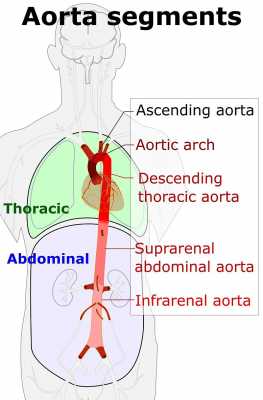Author Interviews, Inflammation, Nutrition, Red Meat / 09.11.2023
STUDY FAILS TO FIND EVIDENCE THAT RED MEAT IS LINKED TO INFLAMMATION
MedicalResearch.com Interview with:
Dr. Alexis C. Wood
United States Department of Agriculture (USDA)/ARS
Children’s Nutrition Research Center
Baylor College of Medicine, TX
MedicalResearch.com: What is the background for this study?
Response: We know (we think!) that what we eat has a big influence on our health. However, discovering which foods influence our health, and how, is highly challenging. Research investigating this topic should be seen as an on-going process as new results and new study methods emerge, and as the food environment shifts.
Red meat is often considered a food that should be minimized in diets designed to support good health. This may seem surprising as red meat is a good source of protein and many other nutrients, but the advice to limit red meat intake is based on several large-scale studies showing associations between red meat consumption and the development of conditions such as type 2 diabetes, and other cardiovascular disease risk related factors. However, newer research, with different designs or approaches, has struggled to conclusively support this association; for example, in studies where the amount of red meat in people’s diet is manipulated, we do not see the expected increases in risk. Other studies have suggested that any associations between red meat intake and chronic disease may reflect confounding effects by adiposity – that is, the increased risk of disease really reflects the increased risk associated with a higher BMI.
(more…)









